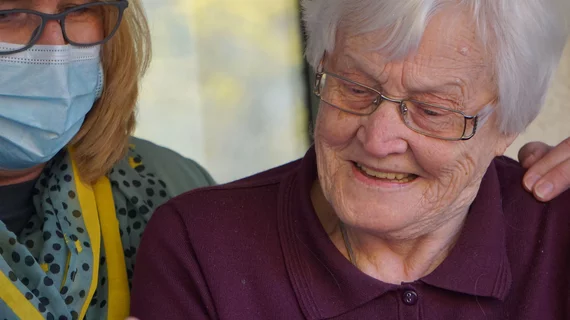Even after receiving $7.5 billion in federal COVID relief and billions more from the Paycheck Protection Program, nursing homes are still hurting financially. Should the field’s for-profit players have their hands out with the rest?
It depends on which stakeholder you listen to.
NPR sought out several sides of the story, filing a report Oct. 22.
One source, Charlene Harrington of UC-San Francisco, says 70% of nursing homes are for-profit, and low staffing under that model is nothing new. Hence the widespread struggles to provide proper elder care.
“They’re trying to make money,” Harrington tells NPR. “And the main way to make money is to keep labor costs low.”
That’s an unfair characterization, suggests Fred Frankel, general counsel for Aperion Care, a 45-facility for-profit chain in the Midwest with low scores on quality from CMS.
Frankel says it’s hard to find nursing staff in some areas and “justifies the chain’s low ratings by saying they’ve taken over some troubled facilities that were in danger of closing,” NPR reports. “And he argues that the government’s star rating system doesn’t always reflect the quality of a nursing home.”
NPR also interviewed the CEO of an association that mostly represents for-profit facilities, a real estate appraiser and the head of the California Association of Long Term Care Medicine.
The latter, Michael Wasserman, MD, wonders aloud what operators of for-profit nursing homes will do with another big infusion of cash if it should come.
“What percentage of that [earlier] funding,” he says, “is actually finding its way to direct patient care? To the frontline staff? And what percentage has ultimately, for lack of a better word, literally been siphoned off to real estate?”

